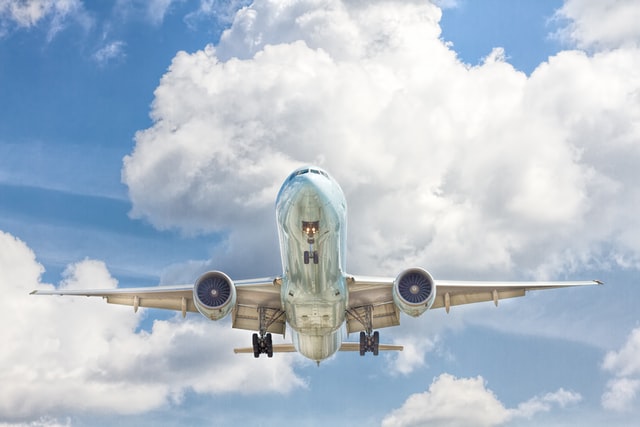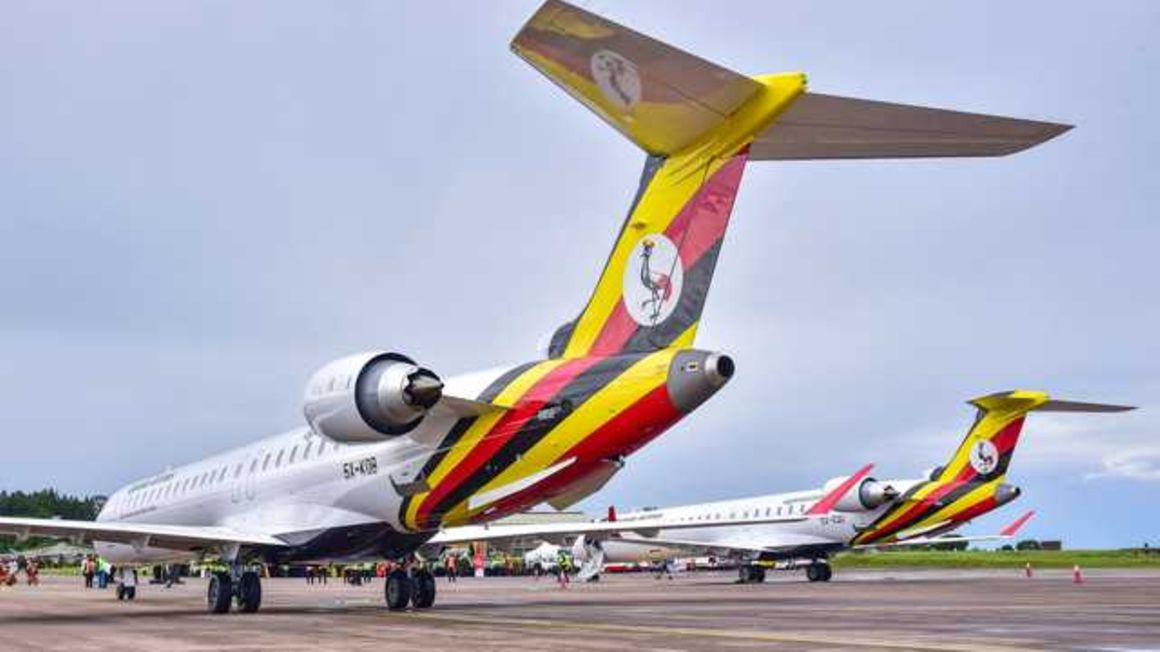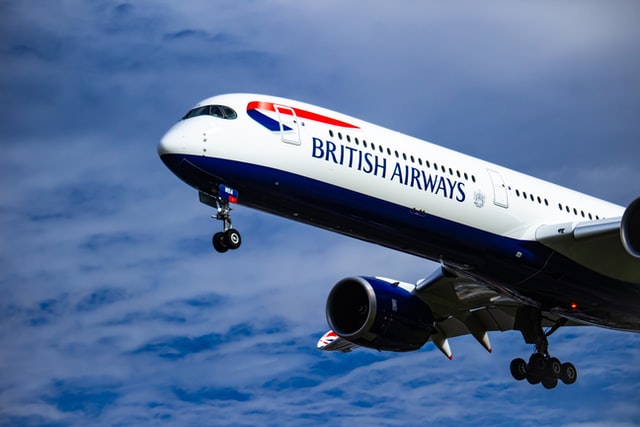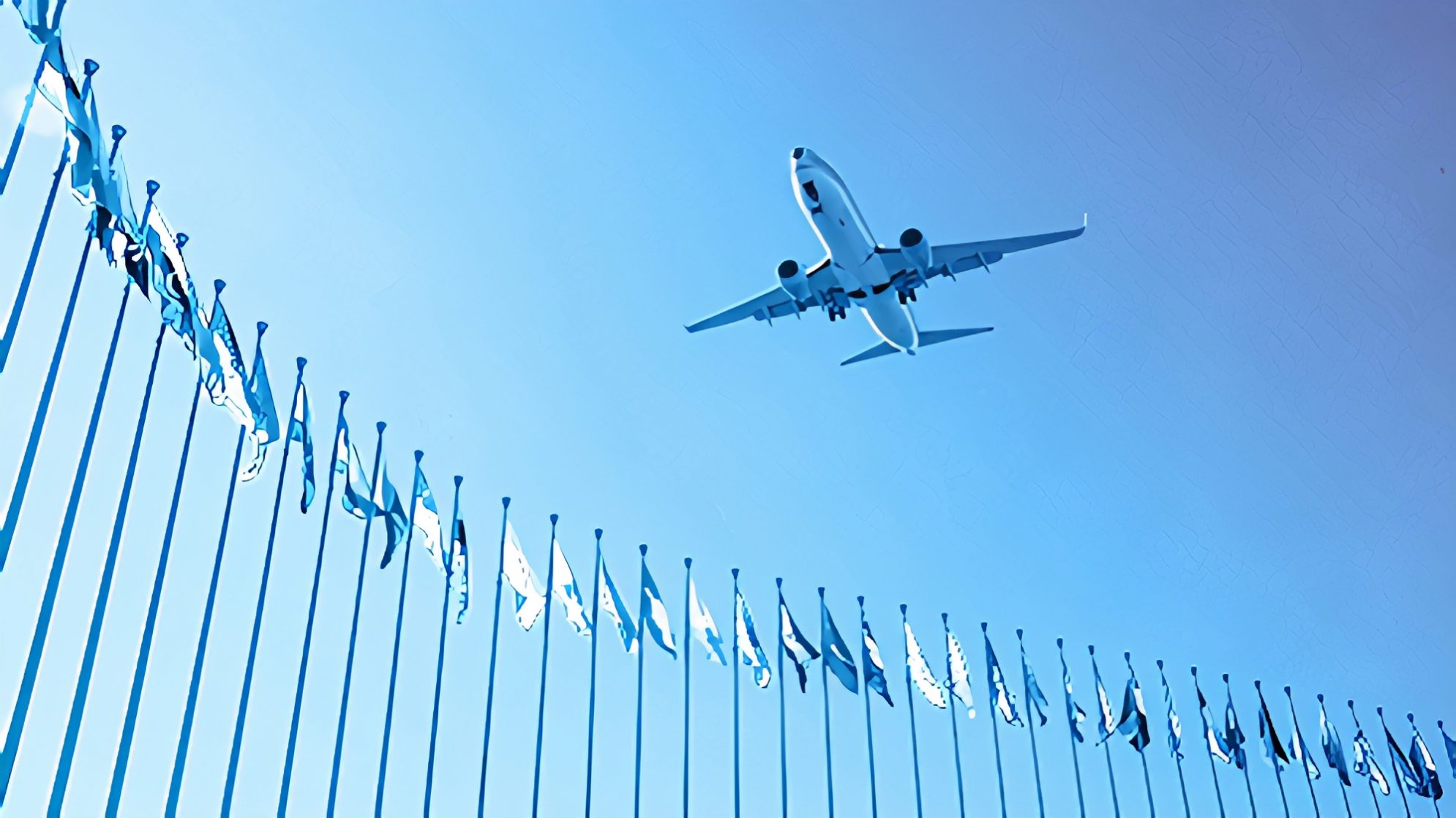Tourism and hospitality industry players have suffered a major blow after the government declined to review its PCR rules for fully vaccinated international tourists.
Kenya requires tourists to show a negative Covid-19 PCR certificate when entering and departing.
Sector players have been urging officials to review these rules for fully vaccinated international visitors so as to boost the ailing industry, which was hurt by the pandemic, leading to job losses and the temporary closure of almost all beach hotels.
But Health Cabinet Secretary Mutahi Kagwe said Kenya will only allow in vaccinated international tourists on a reciprocal basis.
“In other words, if other countries are allowing Kenyans who are vaccinated to (enter) without further tests, we will reciprocate. What we are doing is holding bilateral discussions with various countries,” he said.
Speaking at a scientific conference in Mombasa, Mr Kagwe said that the future of international travel will be entirely dependent on vaccinated travellers and Covid-19 passports.
“Countries across the world will not allow people who have not been fully vaccinated to enter those states and Kenya is going to be the same,” he said.
“We want people coming to Kenya to be fully vaccinated and depending on the global trends and World Health Organization advice, we will make up our minds as we go along,” he added.
Tourists coming to Kenya must be safe to protect Kenyans.
He said Kenya had reached bilateral agreements with the UK and Qatar under which fully vaccinated citizens will not be quarantined or tested.
“We must ensure tourists cannot contract the virus here and will further not bring the virus. Covid-19 passports will be a must just like a yellow fever card,” he said.
“At the moment, for instance, that’s the rule we have agreed with the UK and Qatar. This is something that is developing in various countries in the world.”
He defended Kenya’s stand, saying the policy will not affect the tourism sector and that the country’s key source markets are fully vaccinating their populations.
“It is in the interest of the tourists to want to be vaccinated before they start travelling. Our decision will boost tourism because travellers will be secured. People will fear to travel if they don’t think they are safe,” he added.
Mr Kagwe assured industry players that Kenya will intensify its mass vaccination to instil confidence in tourists.
The UK government recently removed eight countries, including Kenya, from its “red list” – countries from or to which travel is restricted.
The move meant that people from these countries will no longer have to quarantine in a hotel and PCR tests will not be required for fully vaccinated travellers returning to England.
The UK is one of Kenya’s key source markets.
Kenya Association of Hotelkeepers and Caterers chief executive Mike Macharia has been urging the government to review its PCR rules for fully vaccinated tourists.
Kenya Coast Tourism Association CEO Julius Owino said that by reviewing the PCR rules, the region will start receiving more international tourists, especially from European countries.
The players have pushed officials to double mass vaccination in order to assure travellers of their safety.
Tourism Cabinet Secretary Najib Balala has also urged Kenyans to be vaccinated as the sector recovers from the pandemic shock.
Source: Nation










